 Aging is a natural process during which many systems of the body slow down according to the changing requirements. Optimal nutrition and a healthy lifestyle are key to preventing or delaying the consequences or complications of aging and make it overall a smoother process.
Aging is a natural process during which many systems of the body slow down according to the changing requirements. Optimal nutrition and a healthy lifestyle are key to preventing or delaying the consequences or complications of aging and make it overall a smoother process.
Energy
Every year, about 1 to 2% of lean body mass is lost after the age of 30 which results in 5% decline in BMR or the basal metabolic rate (the rate at which the body burns calories at rest). The decrease in body mass is accompanied by decreased energy needs. Low lean body mass leads to also a gain in fat especially in the abdominal area.
Women are more prone to weight gain after menopause. Along with these changes, it is common for many to retire at this age or reduce physical activity which further decreases energy needs.
There is 1% decrease in the total calorie needed every year. While no particular recommendation on calories have been made for older Indians, the National Institute of Health (NIH) recommends that women who are not active at all, need to get about 1500 to 1600 calories a day (while for younger women, the RDA for Indians is close to 1800 – 2000), and for men who are not active, 1800 calories a day (RDA for men is 2400 calories). Increasing physical activity is very important to ensure there is no weight or fat gain.
Most of this energy should come from complex carbohydrates. Limiting simple carbohydrates and sugars are important since there is reduced tolerance to glucose among the elderly. Mixing whole grains such as sprouted millet flours or whole wheat, jowar, and bajra is a good idea. Some could be intolerant to fibre (since whole grains and cereals are rich in fibre), and if so, gradually increasing the fiber in the diet may be helpful.
Proteins
Proteins are essential to halt further loss of lean body mass, and also to repair damaged cells. Providing good quality proteins in the form of skimmed milk, curds, lassi, egg whites, low fat paneer, and soya is essential. A strict vegetarian should incorporate soya, dals, and other whole pulses along with whole grain cereals to get optimal proteins.
Fats
The emphasis, as we age, is on providing heart healthy fats rich in MUFA (monounsaturated fats), omega 3 fats and PUFA in the right balance. Rice bran, olive, canola, mustard, groundnut, and sesame oil are all good sources of these. Omega 3 helps boost brain function and memory, which is a problem with many elderly. If eating fish, one should choose oily fish at least twice a week. Vegans need to add walnuts, almonds, flaxseeds or canola oil (or all) to get omega 3 fats. It is also a good idea to add a supplement of omega 3 fats if oral intake is poor or inadequate.
Vitamins
Due to reduced sun exposure or poor intakes, the elderly are more prone to deficiencies of vitamin D and A. Exposing to sun during afternoon hours for at least 20 minutes would ensure enough vitamin D. Vitamin A is easily obtained through yellow orange fruits and vegetables and green leaves. The B complex and mineral requirements do not change as we age. However, in case of a chronic illness such as diabetes, heart ailments or asthma, there are increased needs for B complex vitamins and minerals since there is reduced absorption in the intestine. Having a variety of seasonal fruits and veggies is crucial to ensure most of these vitamins and minerals are provided in the diet. When not able to chew due to loss of teeth or other debilitating conditions, pureeing the fresh fruit or blending them with milk may be an option. Supplementation during illness can boost immunity and help in faster recovery.
Water and fluids
 Elderly are more prone to dehydration since there is diminished thirst and other physiologic changes. Thirst may itself not be a reliable indicator of hydration status. Fluids in any form that can be tolerated need to be increased to the tune of 30 ml per kilo of ideal body weight (a person who weighs 50 kilos and is not overweight, will need 1.5 liters of water per day in normal weather conditions).
Elderly are more prone to dehydration since there is diminished thirst and other physiologic changes. Thirst may itself not be a reliable indicator of hydration status. Fluids in any form that can be tolerated need to be increased to the tune of 30 ml per kilo of ideal body weight (a person who weighs 50 kilos and is not overweight, will need 1.5 liters of water per day in normal weather conditions).


 Traqade
Traqade
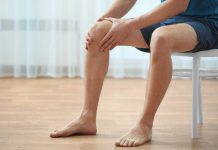



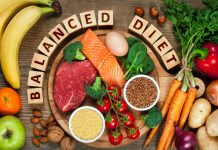
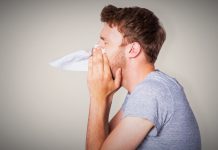
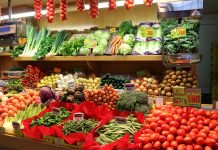

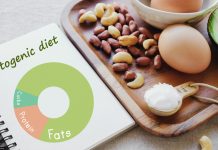

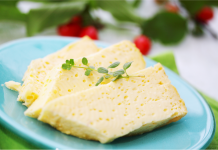





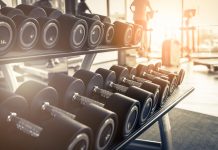

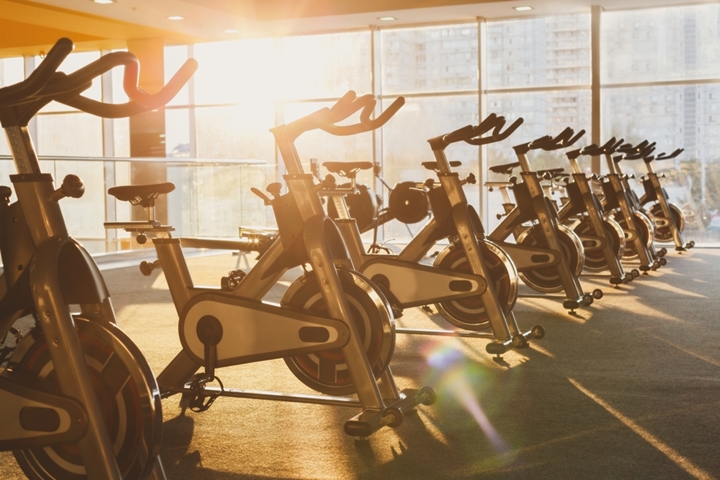

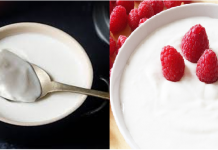

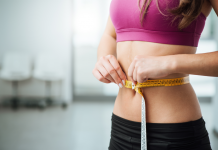







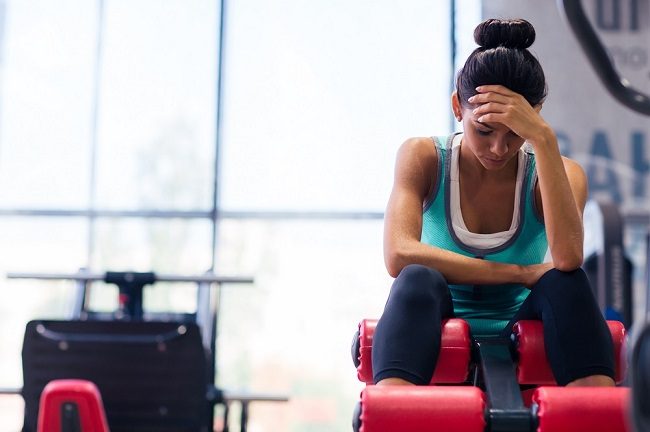
Hej, czytając o witaminach i dbaniu o zdrowie, pomyślałem, jak ważne jest też znaleźć chwilę dla siebie i pozwolić sobie na małą przerwę w codziennych obowiązkach. Wtedy trafiłem na ivy bet, gdzie gracze z Polska mają dostęp do różnych bonusów i automatów w kasynie online. Na początku miałem kilka nieudanych rund, ale po odważniejszym zakładzie w jednym z automatów wpadła całkiem przyzwoita wygrana. To doświadczenie przypomniało mi, że czasem warto zrobić coś dla przyjemności i oderwać się od rutyny, a mała dawka emocji może być naprawdę relaksująca.
Bonjour, après un long jour de travail, je voulais simplement me détendre et j’ai découvert une recommandation dans un forum. J’ai perdu les premières parties et j’ai failli abandonner, mais j’ai décidé de tenter une dernière grosse mise. J’ai joué sur https://win-hero.fr/ et j’ai remarqué les bonus pour les joueurs en France. Sur Big Bass Bonanza, un gain conséquent a rendu la soirée beaucoup plus agréable.